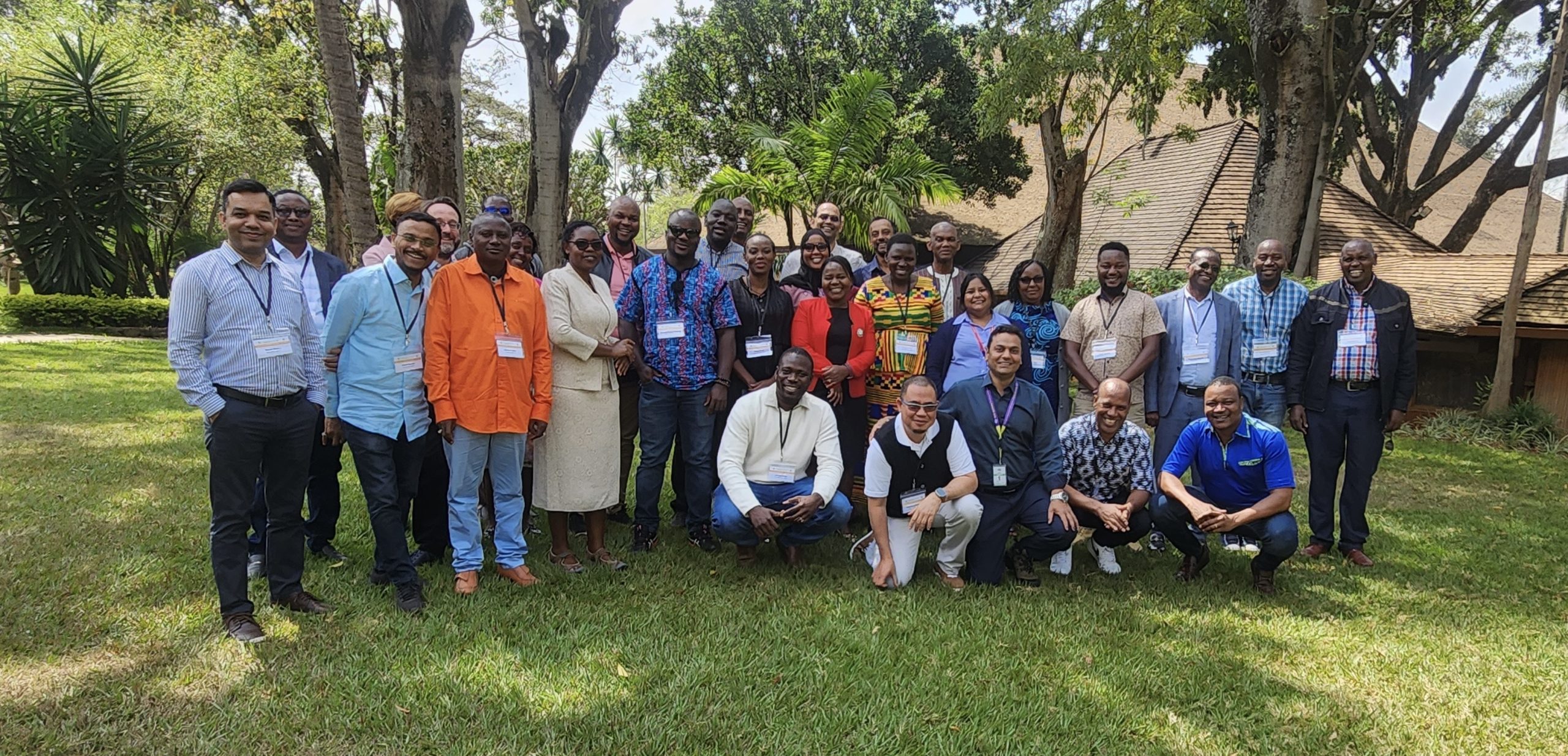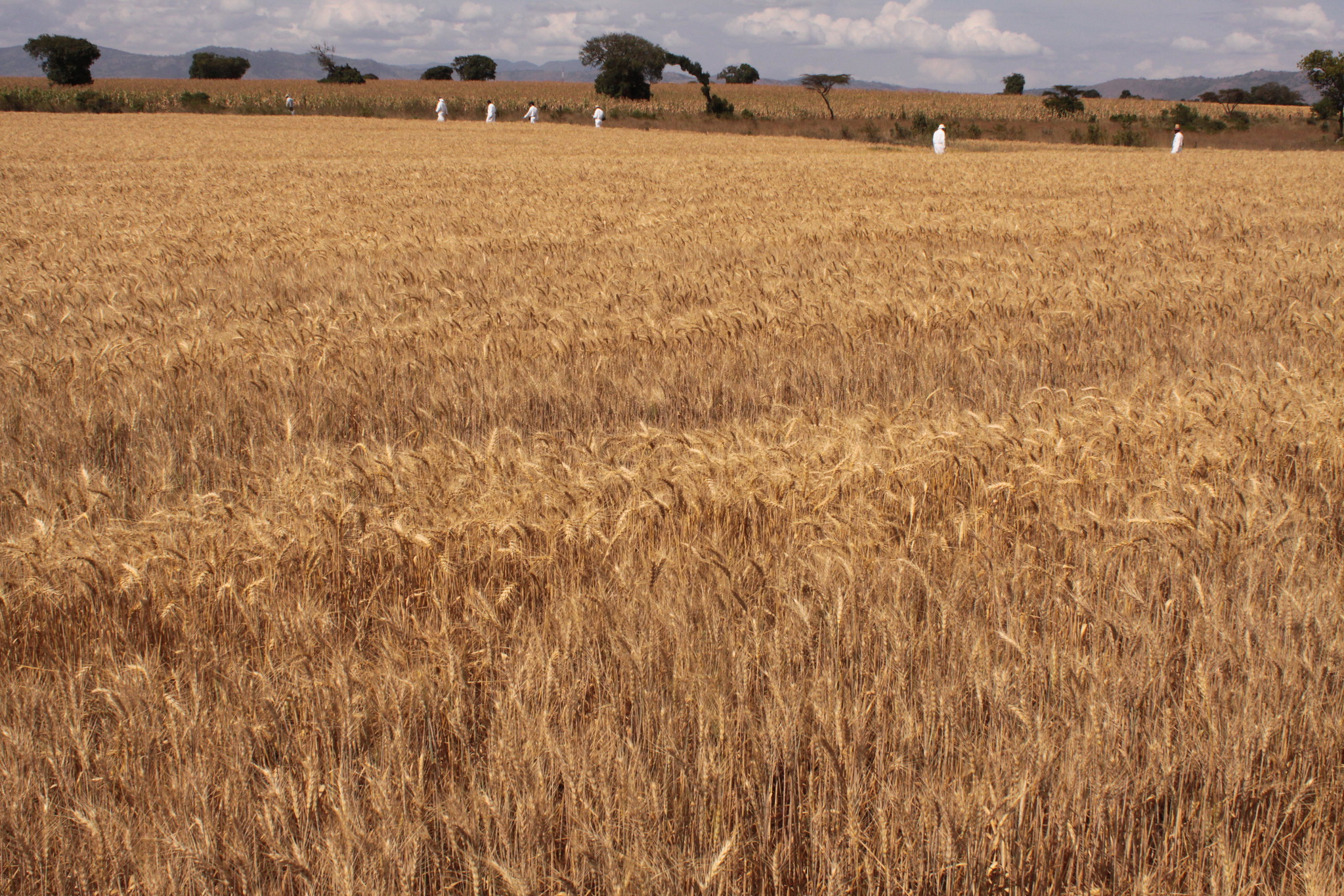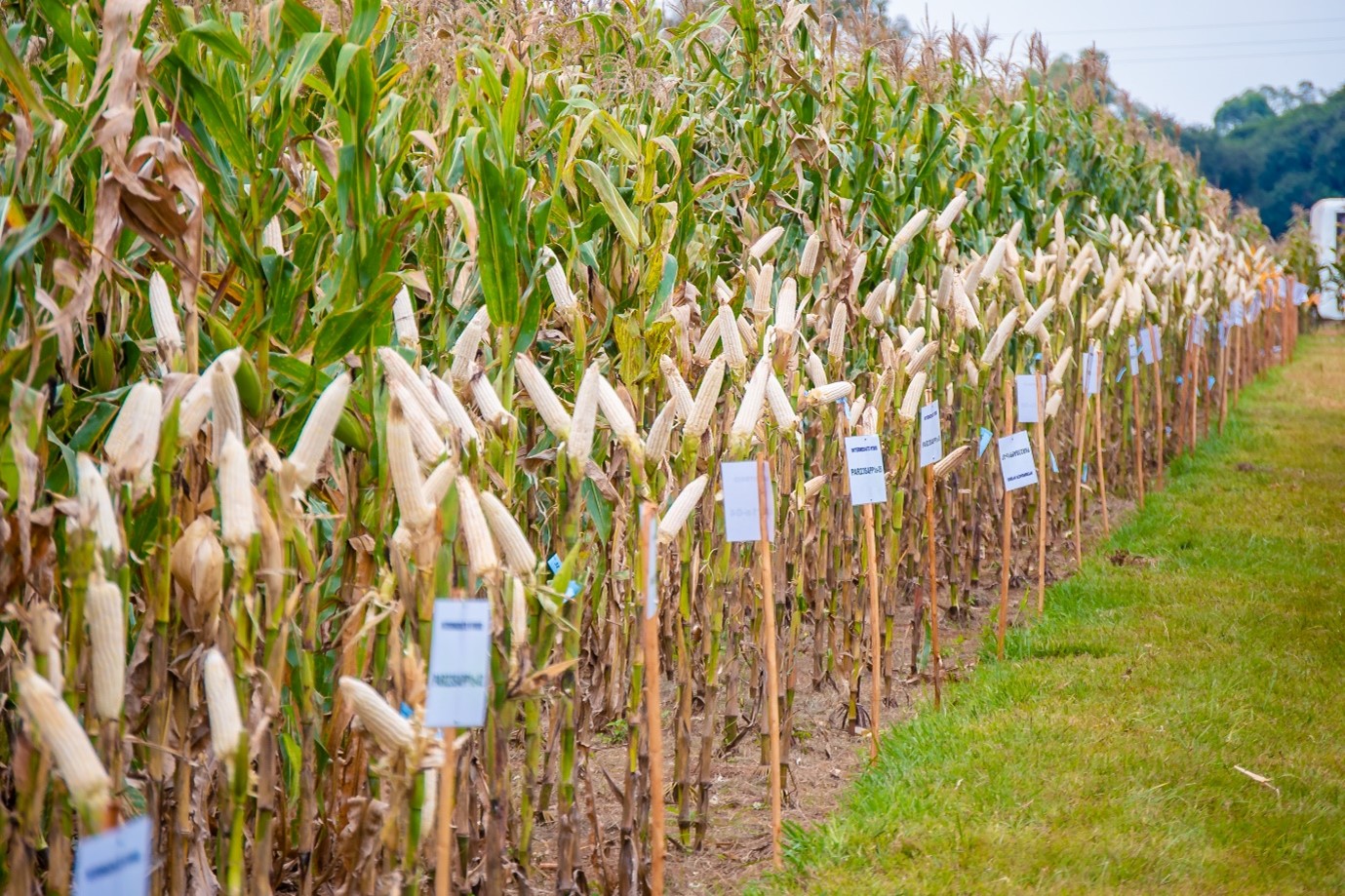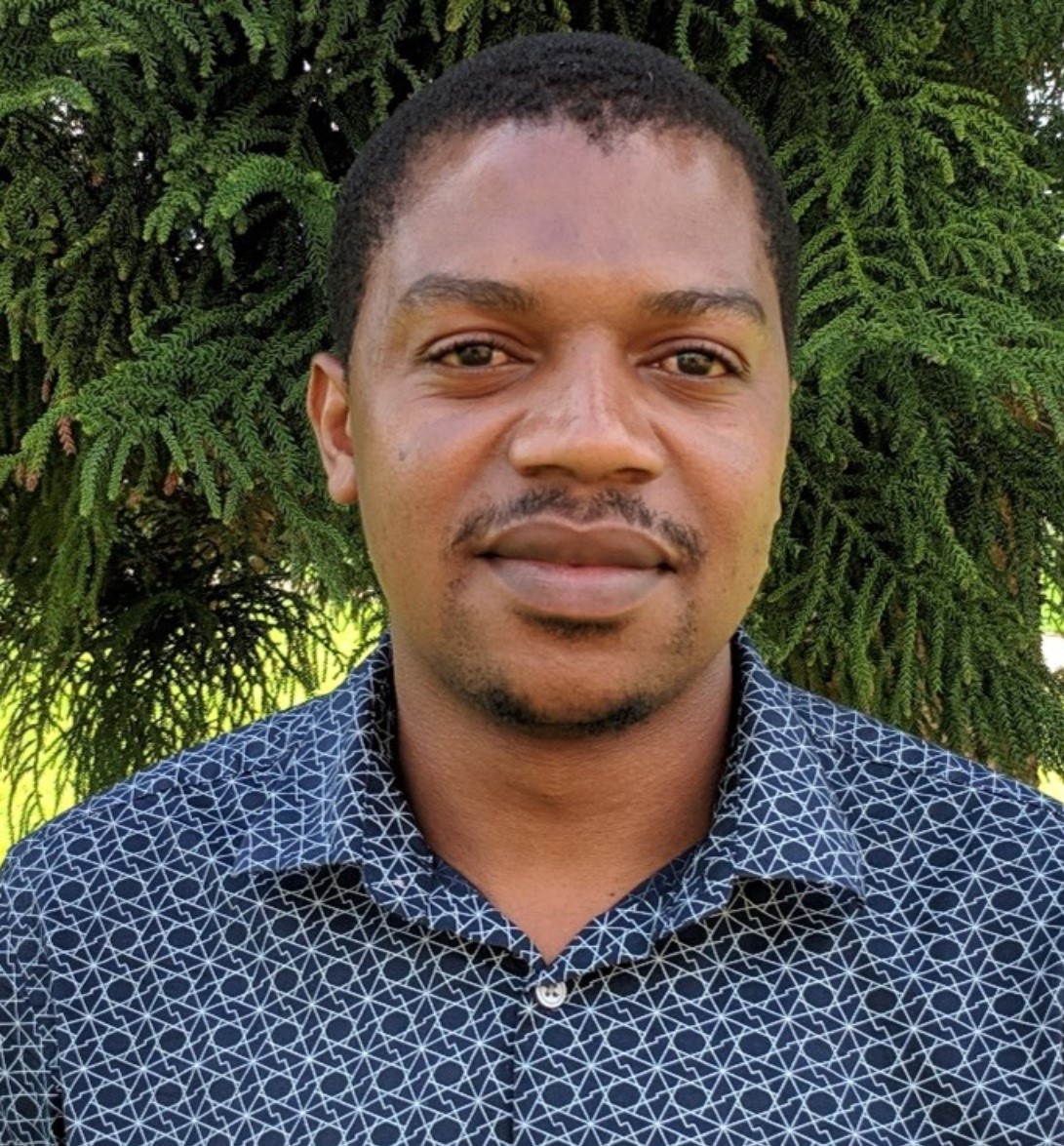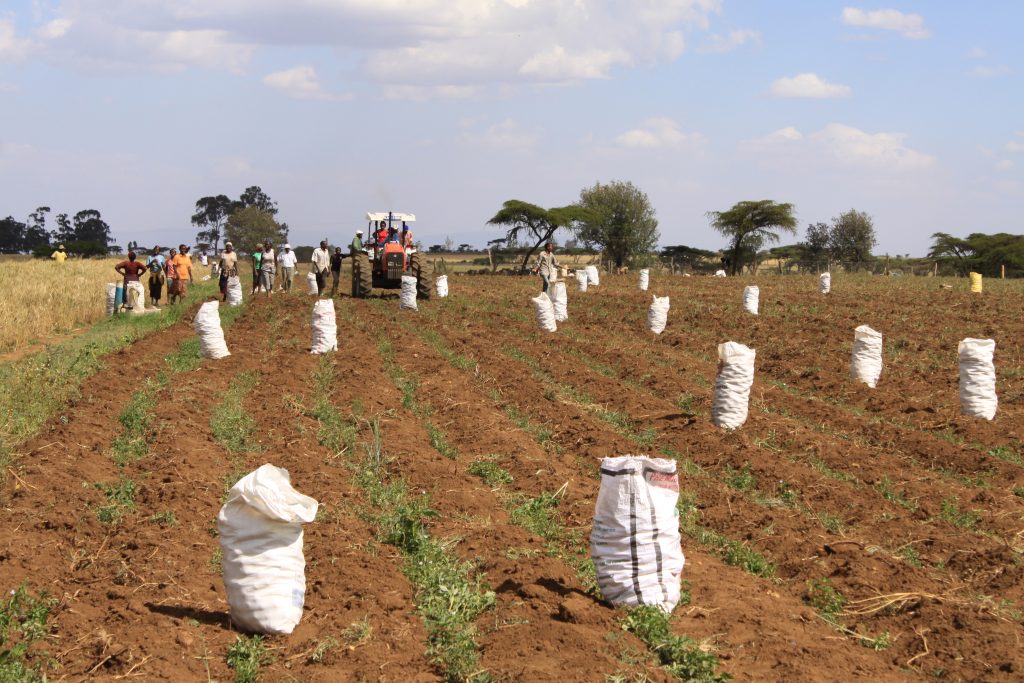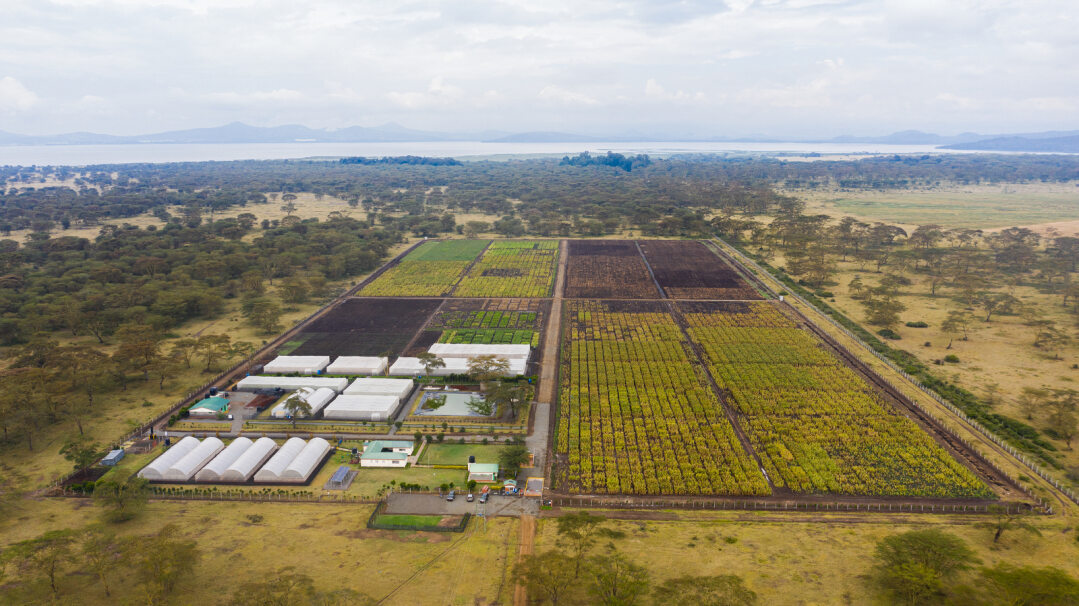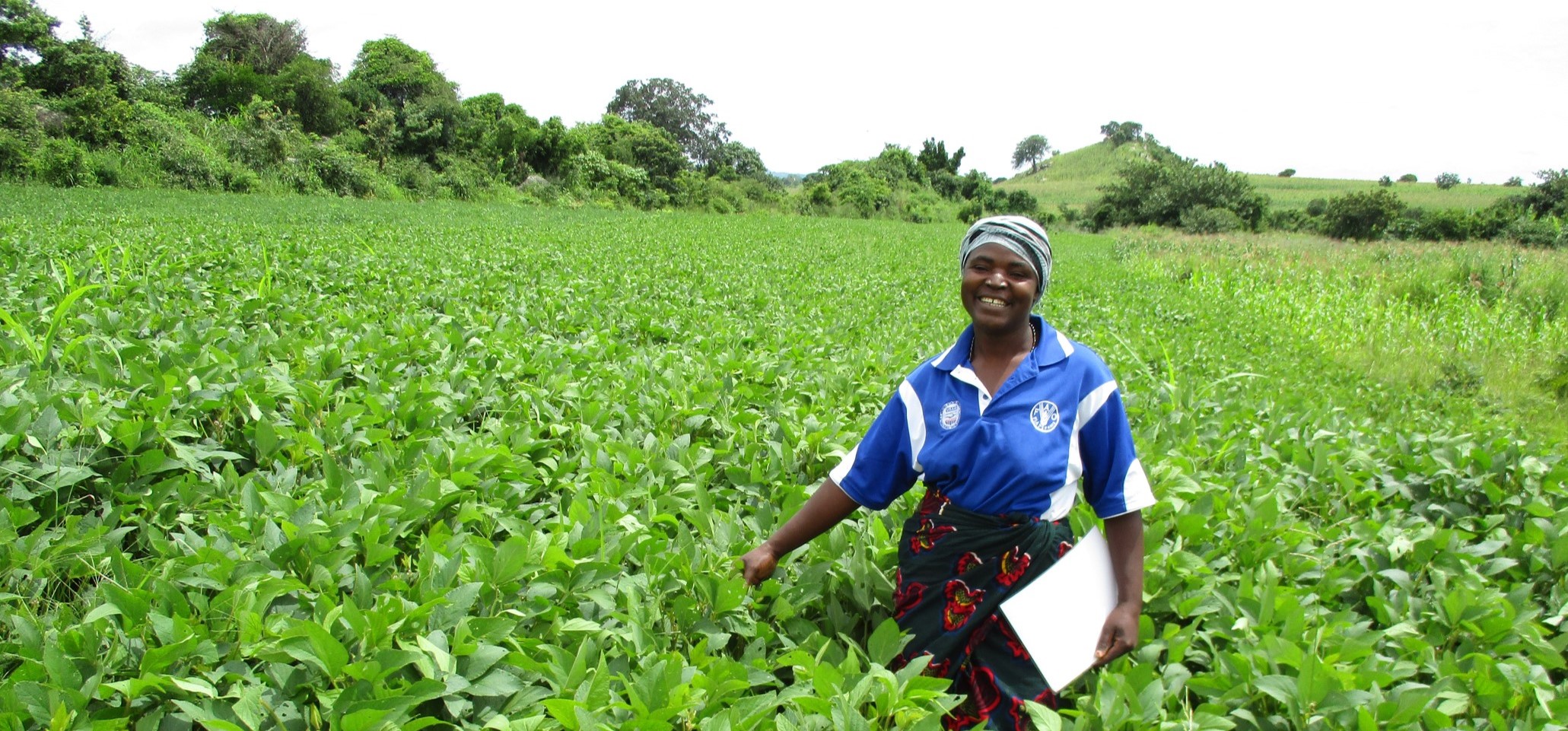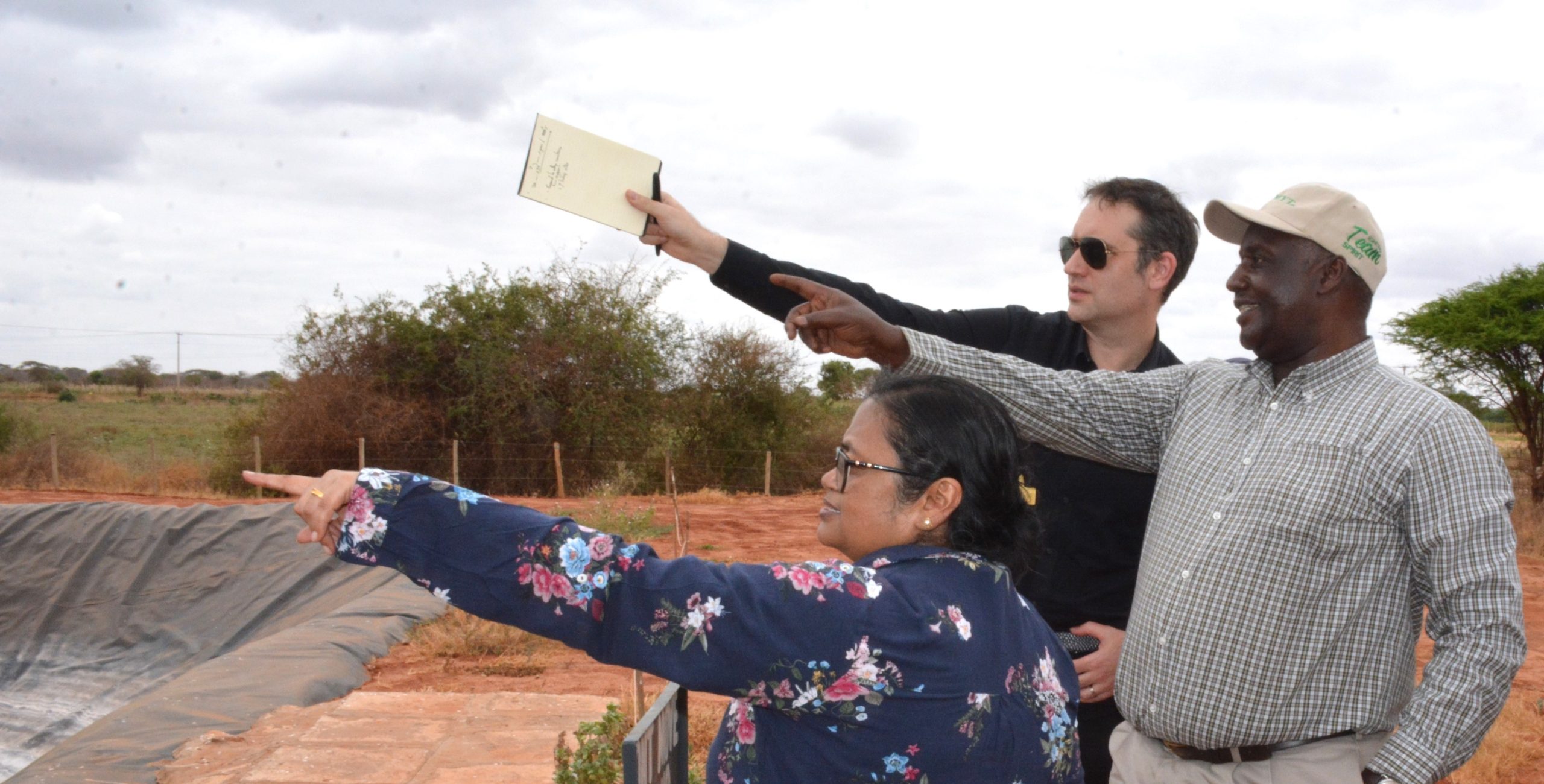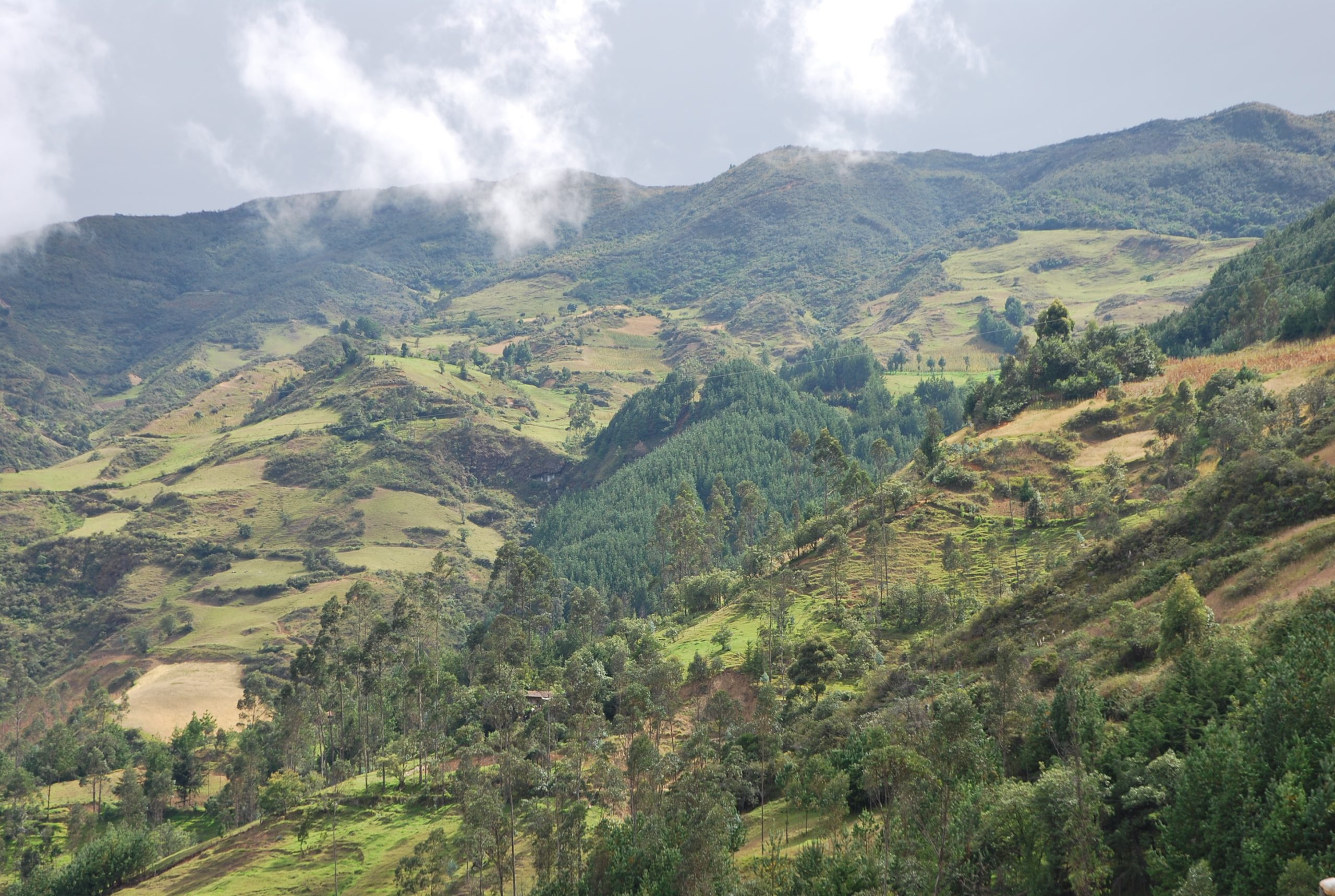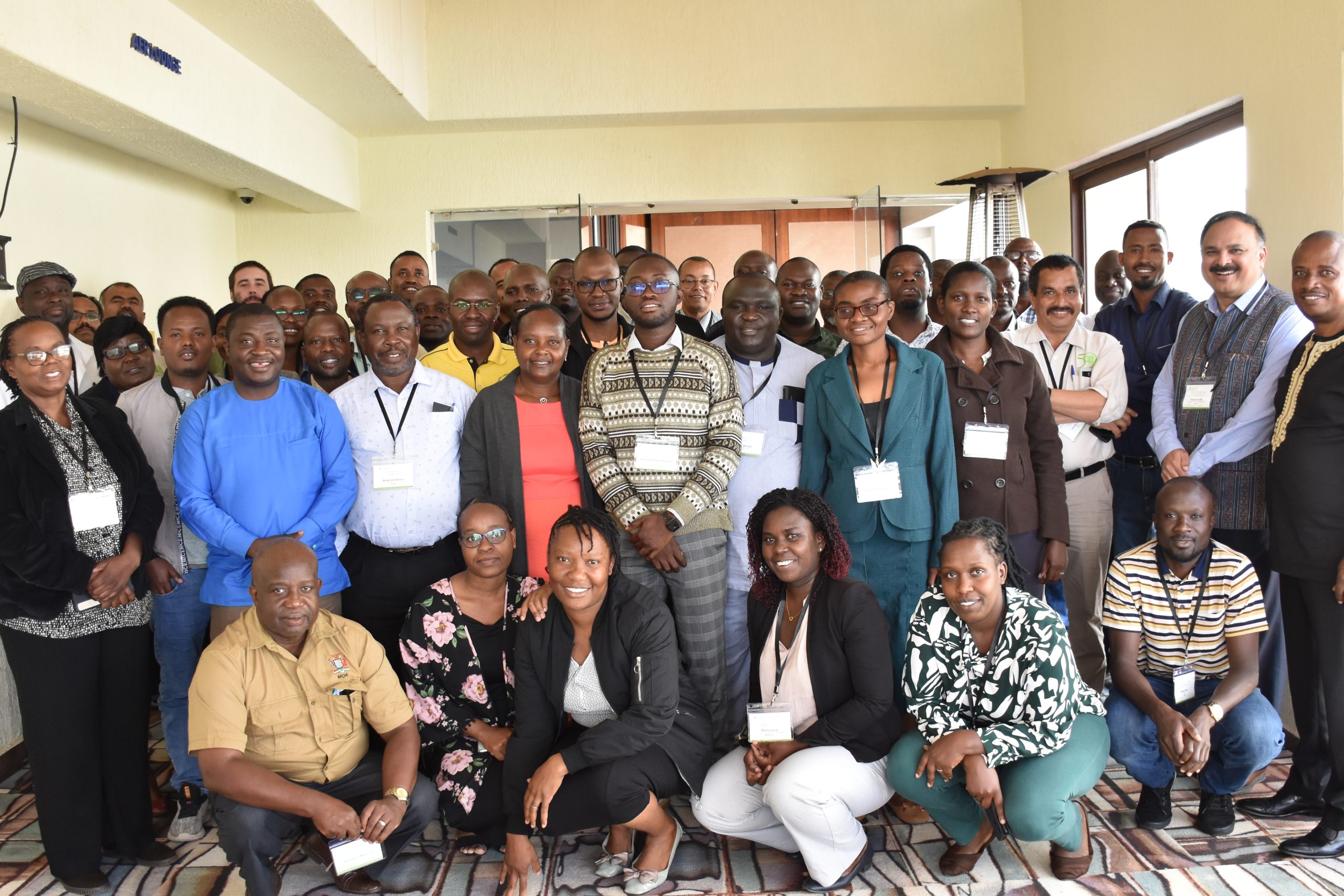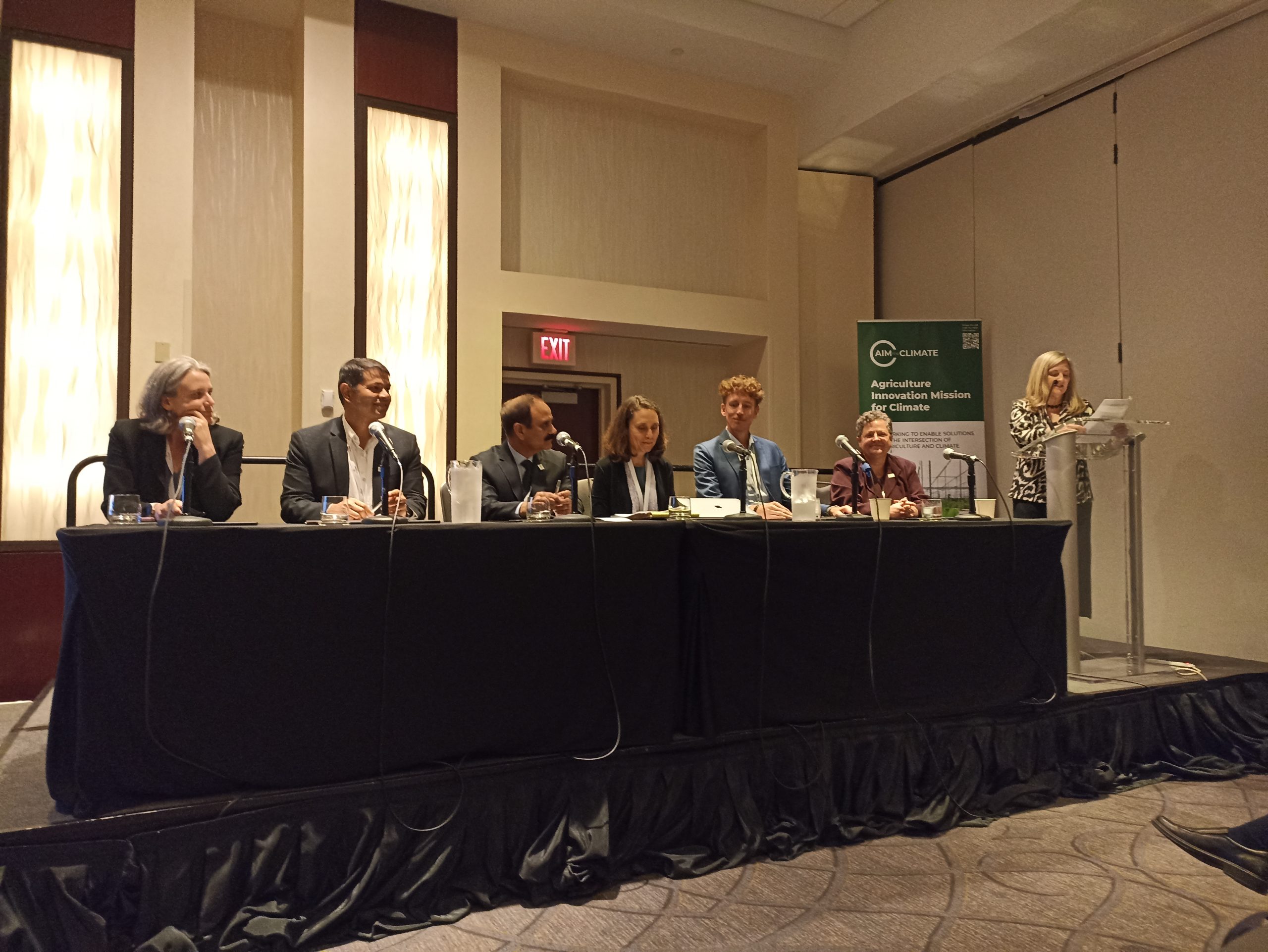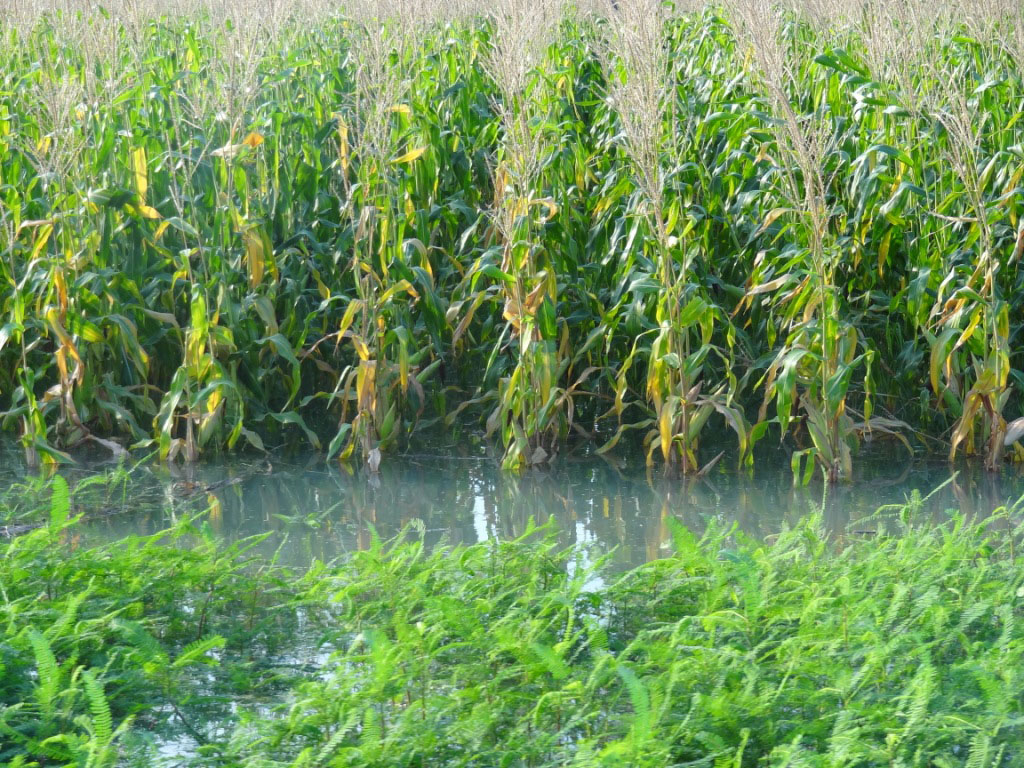Kenya
For more information, contact CIMMYT’s Kenya office.
Network develops optimized breeding pipelines for accelerated genetic gains in dryland crops
 Capacity development
Capacity development
The Africa Dryland Crop Improvement Network (ADCIN), NARES, and CGIAR scientists in Africa optimized quantitative genetic criteria for breeding programs and breeding strategies and pipelines for chickpea, pigeon pea, groundnut, sorghum, pearl-millet, and finger millet crops.
East African wheat breeding pipeline and E&SSA network
 Climate adaptation and mitigation
Climate adaptation and mitigation
Genetic trials in the region will continue throughout 2024 and 2025 to establish a baseline for genetic gains and to enable the assessment of the breeding pipeline’s progress in the coming years.
Researchers push for adoption of high-yielding millet varieties in Busia
 Climate adaptation and mitigation
Climate adaptation and mitigation
CIMMYT and partners are spearheading the adoption of high-yielding millet varieties to boost food security and tackle climate change.
Market segmentation and Target Product Profiles (TPPs): developing and delivering impactful products for farming communities
 Capacity development
Capacity development
CIMMYT is actively engaging a wide spectrum of stakeholders to define and harmonize target product profiles across Africa, with farmers at the heart.
I cannot do it alone
 Gender equality, youth and social inclusion
Gender equality, youth and social inclusion
Entomologist Esther Ngumbi talks curiosity, passion for science, and the importance of mentorship.
Early maturity products popular among farmers in Kenya
 Innovations
Innovations
Kenyan farmers’ preference for early-maturing seed underscores the importance of sales data for informed breeding decisions.
Ten years later: CIMMYT facilities in East Africa continue to make a difference
 Climate adaptation and mitigation
Climate adaptation and mitigation
A decade of maize impact, celebrating 10 years of success with CIMMYT’s maize DH and MLN screening facilities.
CGIAR Initiative on Diversification in East and Southern Africa
 Gender equality, youth and social inclusion
Gender equality, youth and social inclusion
CIMMYT director general gains insights into breeding activities at Kiboko research facility
 Innovations
Innovations
In a recent visit to KALRO facilities in Kiboko, Kenya, CIMMYT commits to advancing the deployment of climate-resilient maize varieties in eastern and southern Africa.
Building capacities for advanced modern breeding programs in Africa
 Capacity development
Capacity development
CIMMYT trains scientists in product profile-based maize breeding for increased genetics gains.
CIMMYT at the AIM for Climate Summit
 Climate adaptation and mitigation
Climate adaptation and mitigation
Smart smallholder fertilizer management practices to address food security and climate change.
